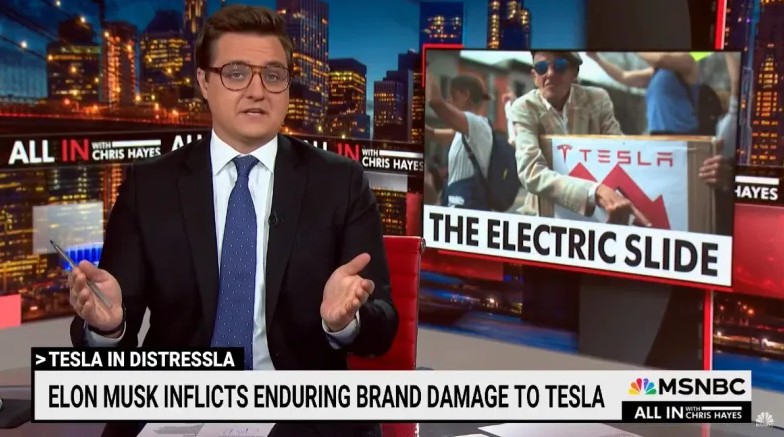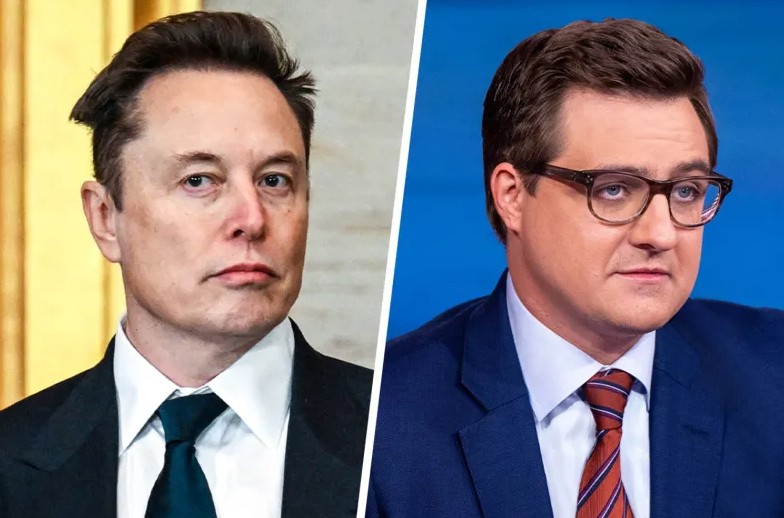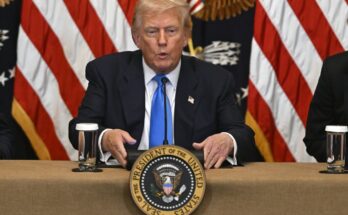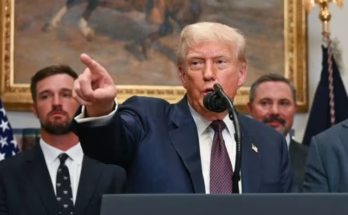Tesla’s Profit Decline and Public Scrutiny
A recent segment on MSNBC featured host Chris Hayes criticizing Musk’s handling of Tesla’s financial downturn. The company’s profits plummeted by 71% in the first quarter of 2025, prompting Musk to reassure investors by stating that Tesla is not “at the ragged edge of death.” Hayes examined Musk’s role in the company’s volatility, questioning whether his public behavior has contributed to Tesla’s declining brand perception.

The Impact of Musk’s Leadership on Financial Stability
During an earnings call, Musk suggested he would prioritize Tesla over his political engagements, causing a temporary boost in stock prices. Despite this, Hayes highlighted a shift in public sentiment, noting that while Musk retains strong support from Republican voters, he has lost favor among Democratic voters, which could pose challenges for Tesla—since electric vehicle adoption is largely driven by Democratic-leaning consumers.
Questionable Promises and Unseen Damages
Hayes expressed incredulity at the self-inflicted wounds to Tesla’s reputation under Musk’s leadership, noting that this level of damage is unprecedented in business history. He illustrated this point by mocking Musk’s unrealized promises regarding self-driving technology, which have long been a focal point of Tesla’s marketing strategy. Hayes suggested that Musk’s publicity tactics and erratic behavior have led to a diminished perception of Tesla as a serious automaker, hurting its long-term viability in a highly competitive market.
Consumer Sentiment and Market Implications
The implications of Musk’s leadership style extend beyond immediate financial metrics—they resonate deeply with consumer sentiment. As public opinion shifts, particularly among potential buyers of electric vehicles, Tesla may struggle to maintain its leading position in the industry. Hayes emphasized that the alienation of a critical consumer demographic could have catastrophic effects on sales and market share. The stakes could not be higher for Musk and Tesla, as the brand’s future hinges on winning back the confidence of consumers who are increasingly wary of Musk’s unpredictable decisions.

In conclusion, Chris Hayes’s pointed remarks regarding Elon Musk serve as a wake-up call for both Tesla’s leadership and its investors. The company is at a critical juncture, and the challenges ahead are formidable. It’s time for Tesla enthusiasts and stakeholders to advocate for more stable leadership that can effectively navigate the changing tides of public sentiment and market demands. If you’re a Tesla investor or fan, staying informed and engaged is crucial—together, we can promote a better future for electric vehicles.


